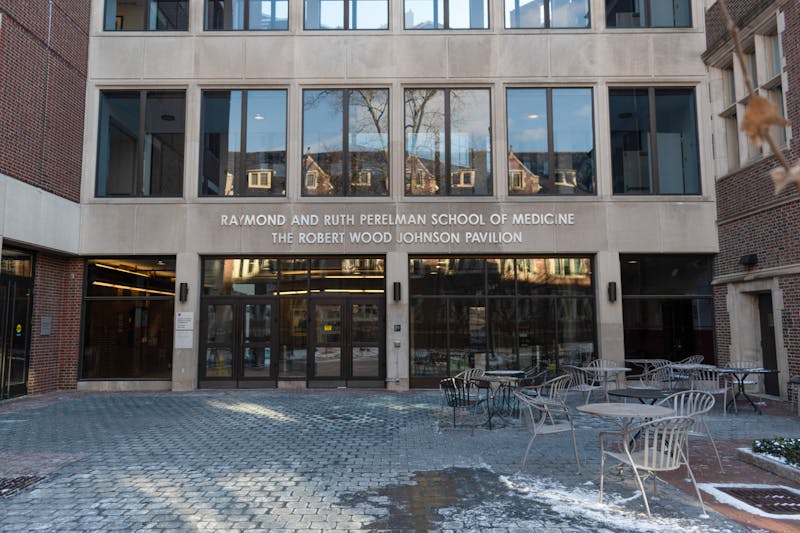College senior Harper Seldin took a year off before college. Instead of travelling or volunteering, however,he transitioned from being female to being male.
This week is Transgender Awareness Week, an opportunity for individuals to spread knowledge about what it means to be transgender. For some students, like Seldin, being transgender may in fact mean “passing” for a single sex throughout their undergraduate years.
“When I came to Penn, I chose not to openly identify as transgender,” he said. “It was really fun to just be a guy and feel like I was normal.”
Seldin said he began the transition from being female to male during his last two years in high school and received support from his family and friends.
During his freshman year at Penn, Seldin kept his former gender a secret from his new friends and professors.
“I was really frightened because I had worked so hard to be accepted as male in high school,” he said. “Now that I’m graduating, I realize that when I have told people about my gender, it’s not really the end of the world. It’s just a part of my identity.”
According to Associate Director of the Lesbian Gay Bisexual Transgender Center Erin Cross, the term “transgender” encompasses a large spectrum of gender identities, many of which are represented at Penn.
Some students make a transition from male to female or female to male, while others cross-dress, appear androgenous or reject the gender binary altogether.
“One student who graduated explained to me that his gender is what he felt like when he got up in the morning,” Cross said.
In August, the Penn Student Insurance Plan began to cover the gender reconfirmation process for transgender students who chose to pursue that option. This allows students to receive triadic treatment — a gender transition process that involves psychotherapy, hormone treatment and sex reassignment surgery.
Cross said she is aware of five or six students who have enrolled in the program. Between 10 and 12 students have expressed an interest in utilizing the coverage.
Penn’s decision to offer transgender health coverage is part of a growing national phenomenon. Currently, there are 18 universities and colleges across the country that offer some form of transgender heath coverage to undergraduates.
Joshua Tweedy, a transgender student in the College of Liberal and Professional Studies, is comparing Penn’s health insurance policy with that of other school’s for his Gender, Culture and Society senior thesis.
He said the LGBT Center and its director, Bob Schoenberg, have been instrumental in his ability to come out on campus.
“When I came to Penn two and a half years ago, I was not out as a transgender. I was not known as anything but a heterosexual male,” he said.
During his time at Penn, Tweedy said his gender identity has become “a complete non-issue.”
This Saturday is Transgender Day of Remembrance. The LGBT Center will be hosting a Philadelphia-wide event to memorialize individuals who were murdered for being transgender.
A staff member of the School of Veterinary Medicine, who wished to remain anonymous due to the sensitive nature of the topic, has experienced the tragedy of transgender hate crimes first hand.
In her mid-teens, the staff member had a friend who was also transgender.
“In 1970, her body was found in a vacant lot. She had been beaten and killed,” she said. “The situation was such that I couldn’t bring myself to attend her funeral for fear of being associated with her.”
She emphasized that there needs to be a greater effort to create a community of transgender activists.
“I feel a sense of obligation,” she said. “I owe it to the people who come after me to be an example of the trans-activist community.”
The Daily Pennsylvanian is an independent, student-run newspaper. Please consider making a donation to support the coverage that shapes the University. Your generosity ensures a future of strong journalism at Penn.
DonatePlease note All comments are eligible for publication in The Daily Pennsylvanian.







